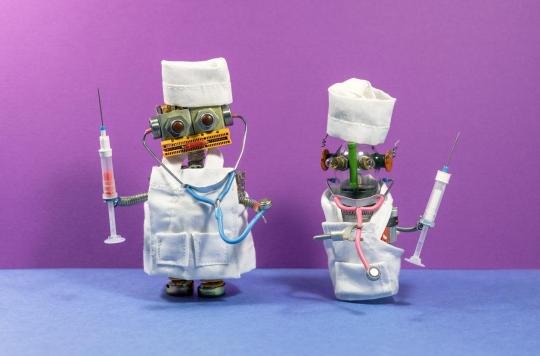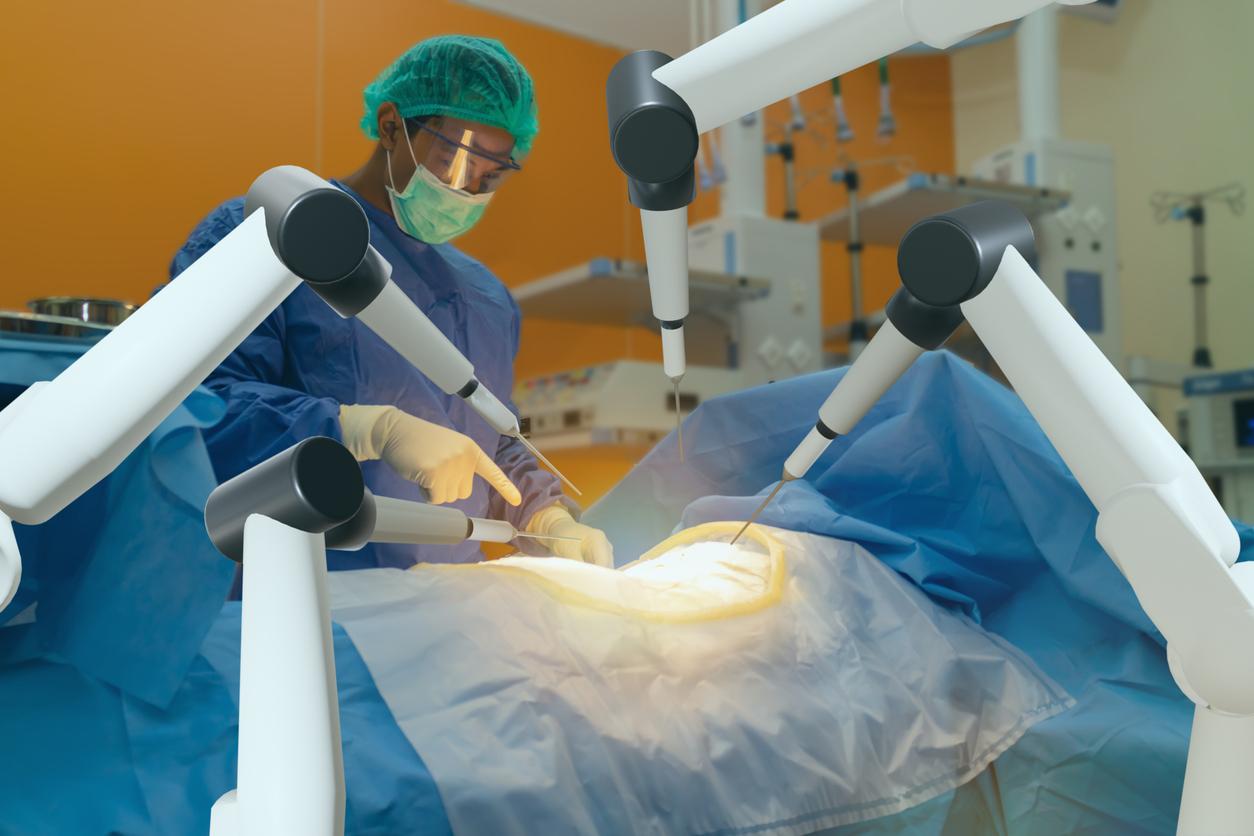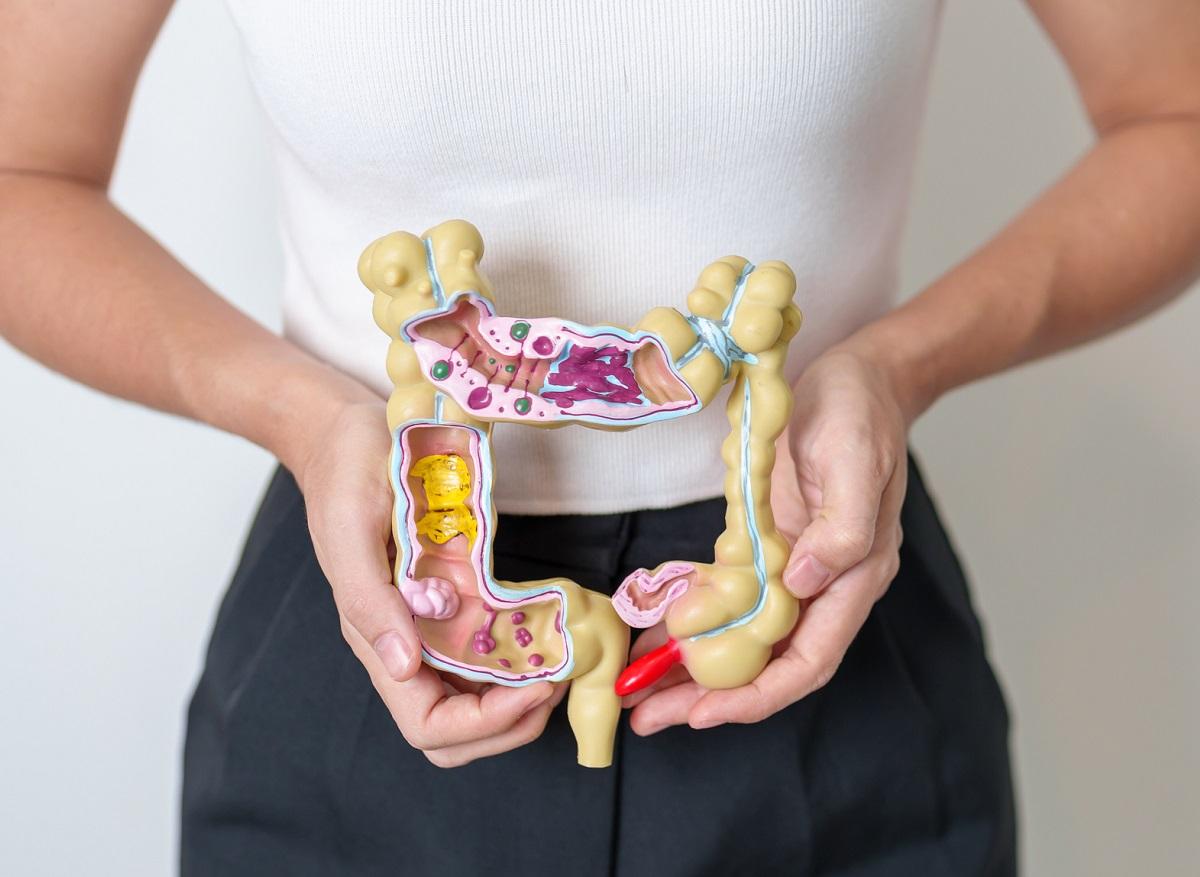At the Grenoble University Hospital, an artificial intelligence platform converses by SMS with patients suffering from Chronic Inflammatory Intestinal Diseases (IBD).

- Ulcerative colitis and Crohn’s disease are two of the most common forms of Chronic Inflammatory Bowel Disease.
- At the Grenoble University Hospital, artificial intelligence monitors the evolution of the condition of patients and informs them in real time as well as their caregivers
At the Grenoble University Hospital, around a hundred patients suffering from Chronic Inflammatory Intestinal Diseases (IBD) are monitored… by a robot.
“Patient Empowerment”
Since the beginning of 2021, Professor Nicolas Mathieu has integrated a robot into the daily life of his medical team and patients. “100% of the patients subscribed to the remote monitoring. Whether they were in classic follow-up, changing biotherapies, or just after the announcement consultation, all were very enthusiastic about the idea of being followed by the robot” , says Nicolas Mathieu, gastroenterologist and hepatologist at the Grenoble University Hospital. “The reasons for membership are multiple: there may be fear of the Covid to go to the hospital, but also the empowerment of the patient who is an actor in his disease, better coordination of his care pathway and the accompaniment in his daily life, continues the health professional.
This initiative aims to improve the quality of life of patients. “We are constantly seeking to improve the care pathway for patients with chronic diseases such as IBD by providing innovative solutions to enable them to have the best possible quality of life”says Doctor Thierry Marquet, General Manager of Takeda France. “This simple solution for patients developed by Calmedica contributes to this objective by facilitating contact with their gastroenterologist”, he believes.
Concretely, the robot follows the main symptoms of the disease, and alerts the patient and his healthcare team in the event of deterioration. “The patients thus feel more reassured and, as a result, call the nurse less often, the robot absorbing some of the requests and allowing healthcare professionals to better focus on the patients who need it the most”, welcome the creators of the device.
250,000 French people suffer from gastrointestinal diseases
This protocol is also deployed at the Rennes University Hospital in Prof. Bouguen’s department and is currently being installed in two hospitals in the Paris region.
Gastrointestinal diseases affect approximately 250,000 people in France, with 8,000 new cases each year. They can be complex, disabling and upset the quality of life of patients. Ulcerative colitis and Crohn’s disease are two of the most common forms.

.

















